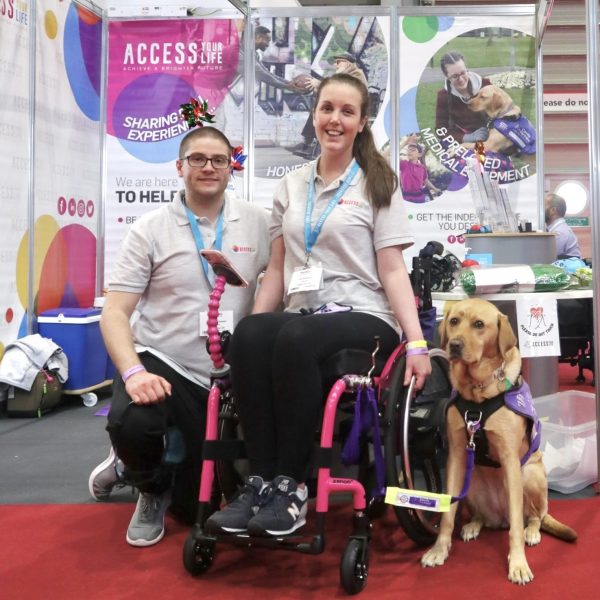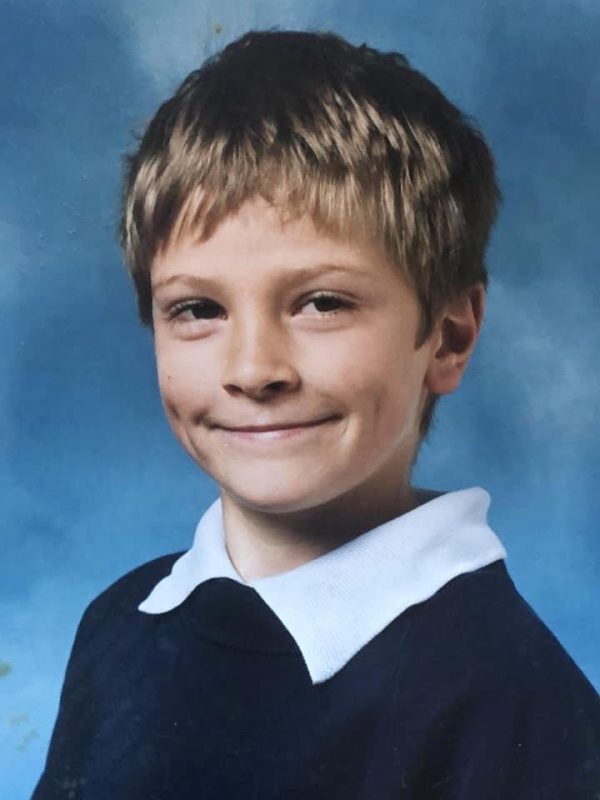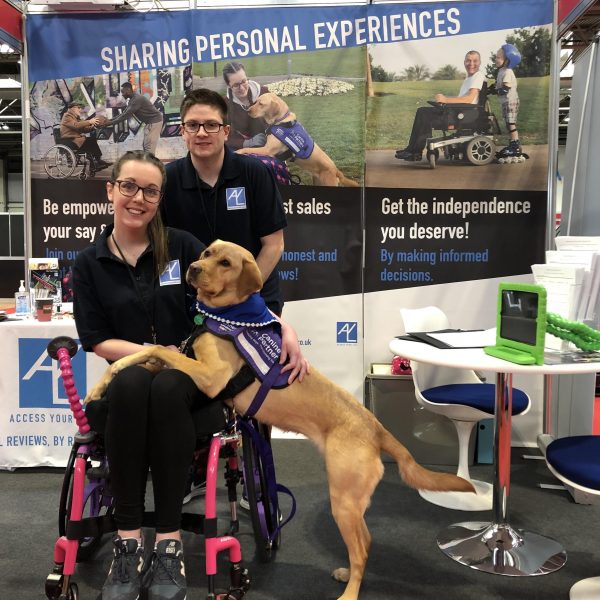
Hi, I’m Felix, one of the founders and directors of Access Your Life.
I was diagnosed with dyslexia at the age of seven, allowing me to access support from various Special Educational Needs departments during my entire education. Although, despite having several support services in place, my journey was still far from easy.

It all started when I had to fight for my place at the local grammar school, where all my friends were going. Why? Because I failed the entrance exam due to not being given the extra time I am legally entitled to when taking exams. Some people may have taken this as a sign to go to an alternative school, but that’s not me. Instead, I took the opportunity to stand up for what’s right by fighting to get the schools policies changed, and ensuring future students with dyslexia were not discriminated against. This also meant I had access to a teaching assistant as per my needs assessment, enabling me to go on to achieve excellent grades.
Although, I dread to think how different my future would be if I didn’t have adequate support because I wouldn’t have been able to work to my full potential. So I hope anyone in a similar situation reading this remembers to never stop fighting for their rights, quality of life, and future success. Don’t listen to the majority of teachers who judge your capabilities on your differences; instead, focus on those who see you as a person and not the diagnosis. Whilst teachers are there to help you overcome your struggles, they are also there to help you recognise your strengths. For me this is problem-solving, which I would often use to my advantage in exams to ensure I was getting adequate points, despite not 100% understanding what I was doing! I’ve also realised throughout adulthood that problem solving is an extremely valuable skill to have, so why was I continually made to feel like my superpower was a negative thing?


I know speaking up is often easier said than done, but you rarely get professionals fighting on your behalf. It is also embarrassing at times to draw attention to your “differences”, which I learnt during my first year at Newcastle University. I felt so vulnerable in the exam hall watching other students whizzing through the exam booklet, whilst also being the only person requiring extra time. Because of this, I fought for my right to take exams in a separate room, allowing me to work without the distraction of 200 people leaving before me. Most people wouldn’t be bothered by this, but for someone with dyslexia, the tiniest sound can throw you off track, which is far from ideal when you need to focus extra hard on understanding the questions in front of you.
Incredibly, I eventually got accepted onto a PhD at Sheffield University - another milestone I was told would never happen. Although this experience didn’t come without a fight, only this time it wasn’t due to the lack of services available to me. The university had a fantastic disability department; the problem lay with my supervisor. It was as if he didn’t believe in my diagnosis, so proceeded to send me completely unattainable tasks. Such as dictating three hours worth of audio, proofreading documents, and writing essays in ridiculously short timeframes. I proceeded to try my best but eventually grew tired of the fighting because it seemed as if nothing could be done to change his understanding of my diagnosis. Sadly after 13 months, my PhD came to an end due to funding issues, which was probably a blessing in disguise.

Now that I am out of the academic world, I am shocked by the lack of support in the average workplace. I struggled not having a support worker by my side, but have learnt to speak up and ask for help from those around me when needed (shout out to my partner and fellow company director for proofreading this post, whilst my incredible team help me to send important emails). It isn’t something to be ashamed of, in fact, it becomes a great talking point when someone I met in person following a well-articulated conversation then receives an email signed “King R*tards” instead of “Kind Regards”. Although lockdown allowed me to continue a lot of my email conversations on zoom, allowing me to feel more in control of my disability.
Obviously, I have my days where I get frustrated by my diagnosis, but I am most proud of the lessons it has taught me. I don’t mind that I will never win a spelling competition or might not be able to help my future children with their English homework, because I have many other talents such as seeing the bigger picture, find the odd one out, problem-solving, and thinking outside the box. All of which has allowed me to grow Access Your Life into the organisation it is today!
For more information on Dyslexia Awareness Week, including what it is and how we can work together to raise awareness, please check out our social media links below. I will also be sharing some of my embarrassing dyslexia related mishaps, in the hope of breaking the stigmas surrounding the condition and encouraging others to be proud of their differences!
Hi, I'm Lauren and I have been living with a collection of disabilities for the past 8 years. I initially had a passion for teaching children with special needs, but my health prevented me from pursuring my dream career. Despite this, I now love nothing more than sharing my experiences to help other people living with disabilities.
Hi, I’m Lori and was diagnosed with Ehlers Danlos Syndrome and a family of co-morbid conditions which has made life highly complex. However I constantly aim to make life as ‘normal’ and fulfilling as possible - and through this, I discovered the benefits of writing about my journey.
 GET IN TOUCH
GET IN TOUCH


